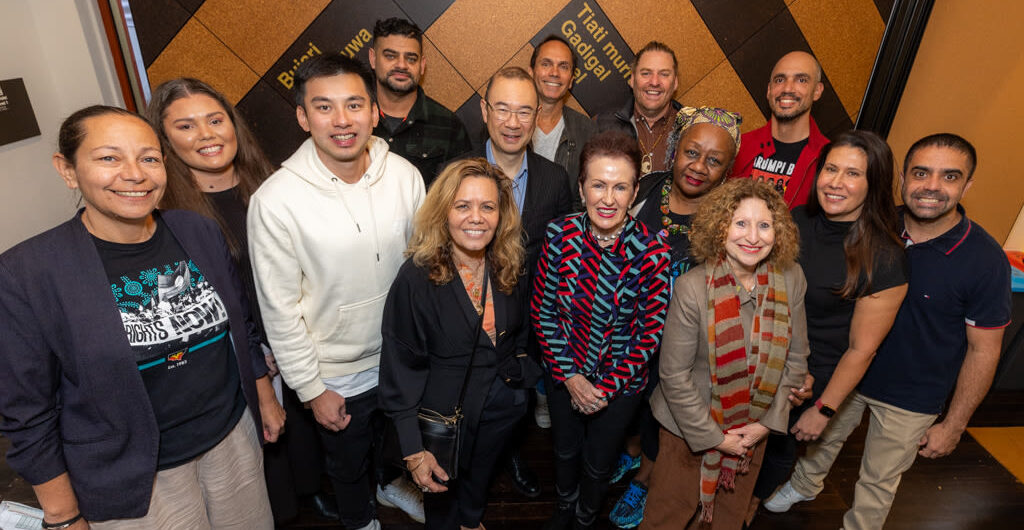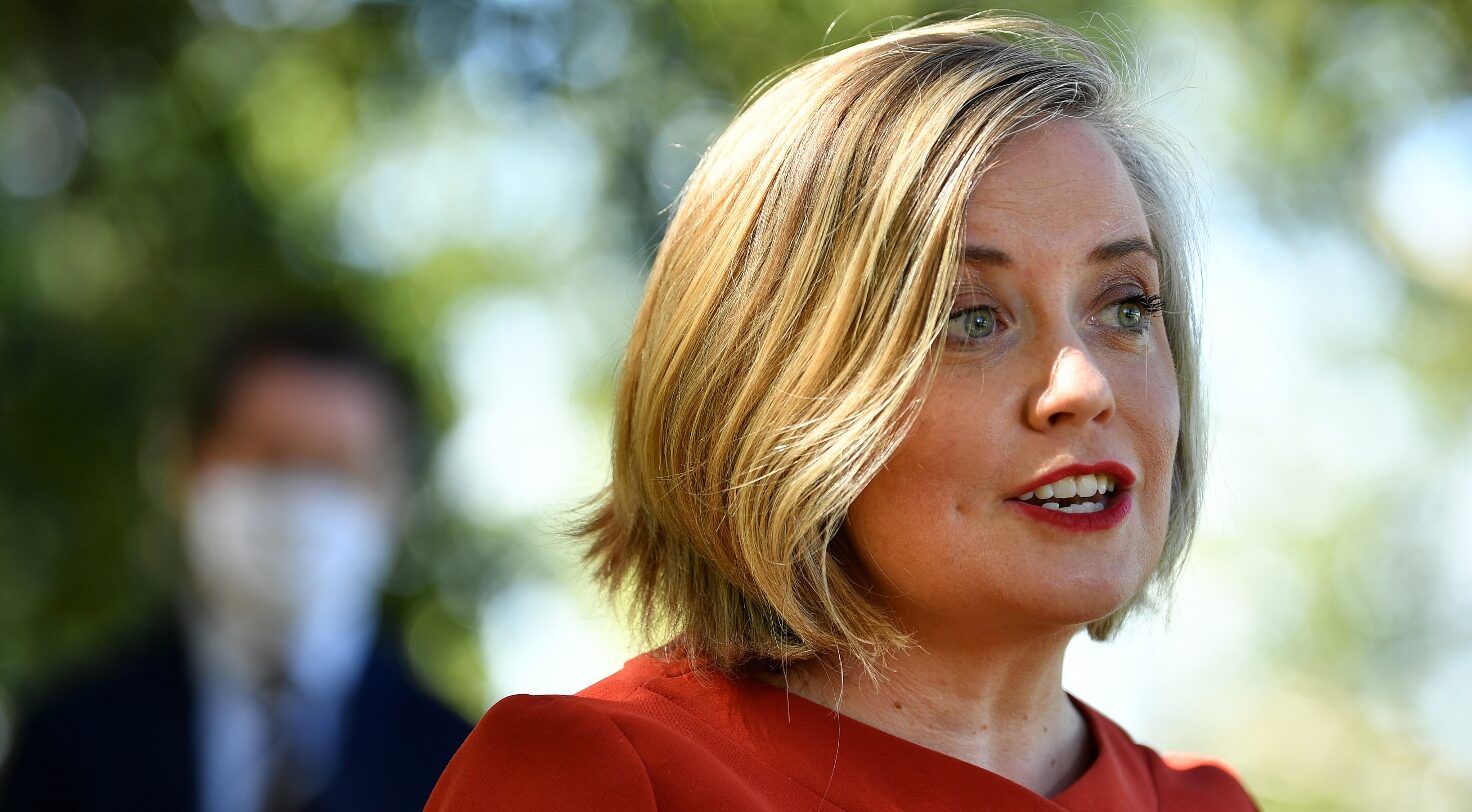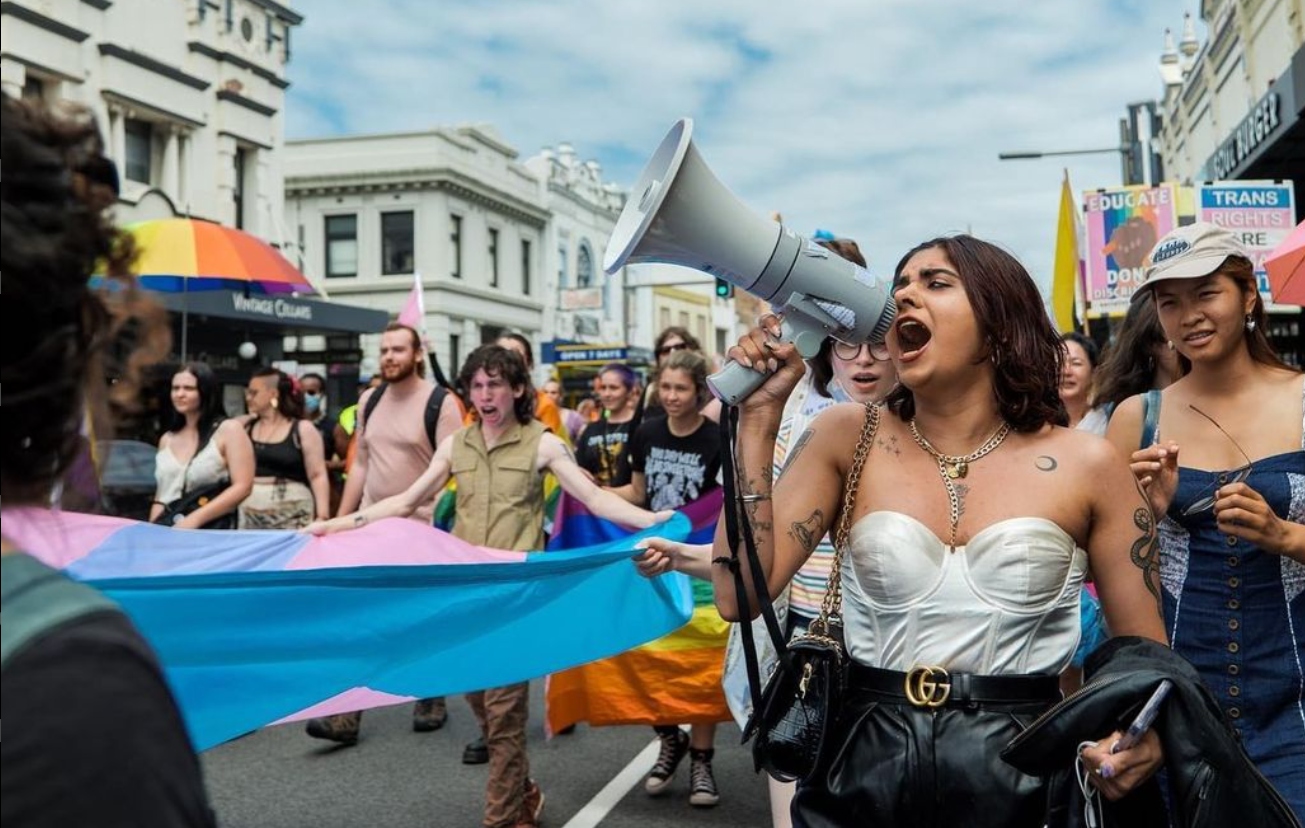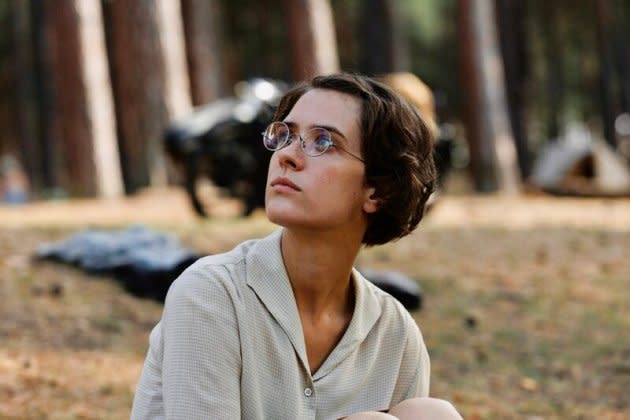
Greens Deputy Mayor questions grant to partnership including Sydney casinos
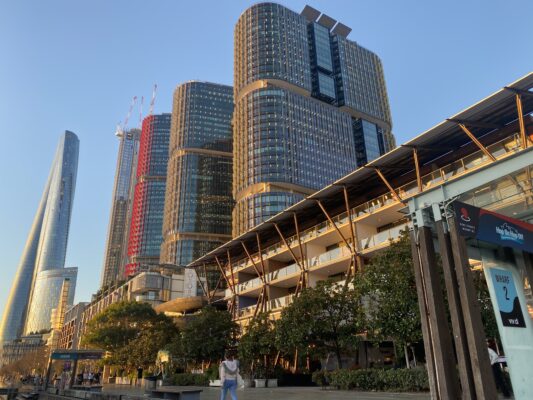
By WENDY BACON and CLARE CONNELLY
City of Sydney approved a $50,000 Council grant to a business partnership that includes Sydney’s two casinos at its meeting in June.
Deputy Mayor Greens Sylvie Ellsmore, who described the grant as neither “appropriate or ethical”, was the only Councillor to object to the grant.
The purpose of the grant is to develop an “environmental, social and governance plan” for the Sydney Western Harbour precinct that stretches 7 kilometres from Walsh Bay around Darling Harbour to Blackwattle Bay in Glebe and includes several public parks and other public land.
This is the second grant the Sydney Western Harbour Business Improvement District (WSHBID) has received from Council. In 2021, the BID successfully applied for a “one-off grant” of $40,000.
A business improvement district ( BID) is a defined area within which businesses combine to enhance their precinct. Although common in the United States and the UK, the Sydney Western Harbour BID is the first to be established in Sydney and has been promoted as a trial for future BIDs.
BIDS are based on a mixed model of governance in which private companies contribute to the maintenance and development of surrounding public spaces. While some welcome their contribution to services such as cleaning and security, others see them as a form of neoliberal privatisation which advantages business over community interests. As a trial BID in Sydney, WSHBID is operating without legislated measures for transparency or accountability that have been put into place elsewhere.
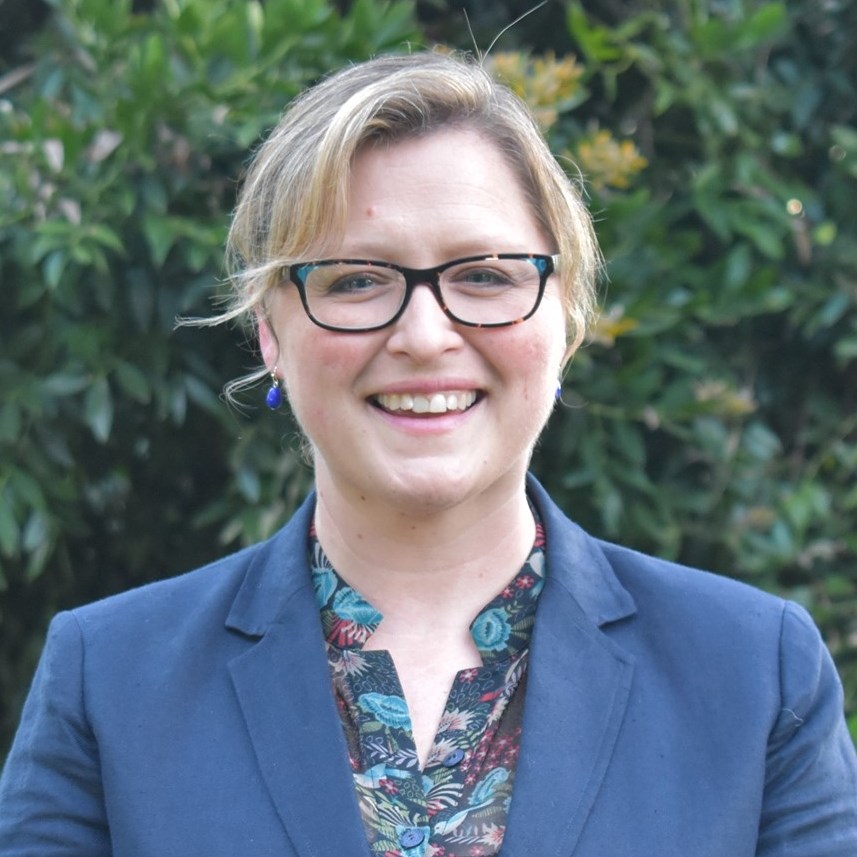
A partnership of heavy hitters including casinos
The WSHBID is a non-profit company that uses the name the New Sydney Waterfront Company. Its 12 major partners include Crown and Star casinos.
Its other major partners include two of Sydney’s biggest property developers Lendlease and Mirvac, global hotel group ACCOR, real estate giant Markham, property owner and manager GPT which has $32 billion in assets, and lobby group Business Sydney.
Key strategic partners include global real estate firm Colliers that has an annual revenue of $4.5 billion and consultancy PWC, which has recently been enveloped in a major national scandal after admitting to profiteering from breaching confidentiality of information and leaking tax law insights to clients.
55 organisations applied for the City’s ‘Innovation and Ideas’ grant program that is designed to help the City meet its Environmental Sustainability Goals (ESG). The BID was one of 14 successful applications.
Ellsmore said she supported the other grants but moved an amendment to remove the BID grant from the list.
Speaking in support of her amendment, Ellsmore told Council she was “not comfortable with approving any grant program which supports or enables the Star Casino or is partnered with Star Casino.”
She said that not giving grants to such organisations would “send an important message to the community that if you would like to receive public money from the City of Sydney do not partner with the Star Casino. It’s an unhealthy organisation. It’s a cancer on our city and quite frankly we should shut it down. But given that (as a local council) we do not have the power to do that, at the very least we should not be funding projects which are associated with it.”
She reminded Council that only last year, Star was fined a maximum of $200 million for illegal activities at its NSW and Queensland Casinos.
An inquiry conducted by Adam Bell SC found that Star had deliberately covered up evidence of money laundering and organised crime activities at its Sydney casino. The NSW Independent Casino Commission Chairperson Philip Crawford accused the casino of taking a “cavalier” approach to governance.
In December, the Queensland casino regulator found that Star’s Brisbane casinos had breached the law 325 times since 2016 and allowed its operations to be used for money laundering. According to reports, the fines are being paid in instalments.
So far this year, Star has posted a $1.3 billion loss and slashed 500 jobs, leaving it in dire straits.
SWHBID founding director Greg Hawkins, a past Star director, is being prosecuted by ASIC. Star is now facing four class action lawsuits from investors and is being prosecuted by AUSTRAC, the Commonwealth’s financial crime watchdog. Hawkins replacement on the BID board, Scott Wharton recently also resigned as CEO and Star is now represented on the BID board by the current CEO Robert Cooke. Star continues to operate 24 hours a day and promotes online gambling.
Crown Sydney also has a director on the BID board of management. It includes exclusive apartments, high-end restaurants and a casino.
Inquiries in Sydney, Victoria and Perth found Crown was also involved in illegal activities including money laundering and putting profit before integrity. An Independent Inquiry found Crown was unfit to hold a licence. But one year ago the company was given permission to operate its Sydney casino under a conditional licence.
Lord Mayor Clover Moore asked City of Sydney CEO Monica Barone to explain the rationale for the grant. Barone acknowledged that Star Casino is part of the partnership.
She explained that “the way to think about this group is as a chamber of commerce. Basically it is a group of businesses that come together to advocate for their area.”
“We support many chambers of commerce across the city and they all have all sorts of members and we don’t actually make a call about what we think about those members, we simply support the chamber of commerce or business association that come together to support those businesses,” she continued.
As CEO, Barone sits on the BID’s government advisory committee and keeps the City updated on its activities. City Hub asked for a copy of her latest update but was told that it is not a public document.
The BID government advisory committee is one of several BID committees that provide for collaboration between the business partners and government and community bodies. But according to its constitution, although cooperation with non-business organisations is part of its model, the Board members have exclusive power to make key decisions. Even affiliated businesses have very limited rights to participate in decisions or receive information.
Lord Mayor Clover Moore asked Barone, “What do they (the BID) do?”
Barone responded, “They’re doing some very good work that we have been following very closely… collecting a lot of good quality data and information about business activity in the precinct.”
“So they are able to tell us how many people are going into the precinct, what they are doing there, are they going to restaurants, are they going to cultural institutions, whether they are tourists, whether they are locals, whether they are coming via business events,” she continued.
“They are very interested in growing as an association and… influencing capital works and infrastructure that goes into their area but that is not dissimilar from any other business or chamber of commerce.”
City Hub as the City of Sydney if we could read the report that included the ‘good work’ referred to by Barone. We were told to request if from the BID. Shortly before publication, we received the report and we will be publishing a follow-up story.
The City of Sydney does fund Chambers of Commerce. However this is done through a different program called the ‘Business Sector Support’ grants which fund networking and other activities. For example, Darlinghurst Business Partnership Incorporated was granted $50,000 for promotion, advocacy and networking events for businesses in Surry Hills, Potts Point and Darlinghurst.
The Ideas and Innovations grants mostly go to small organisations. The emphasis is on sustainability goals. For example, Start Some Good Pty Ltd was granted $31,000 to conduct a training program for First Nations and migrant entrepreneurs to design and launch social impact businesses, including masterclasses, a pitch event and fundraising support.
In 2023, $50,000 was the maximum grant. The BID indicated it needs a further $50,000. In addition to $90,000 received so far by the City of Sydney, it was granted $450,000 seed funding by the Perrottet LNP government. The major partners have contributed funds but it is not clear how much or for what purposes they are being used. In addition to the big commercial partners, there are two publicly owned major partners – the Powerhouse and the University of Technology Sydney.
Unanswered questions
City Hub sent some questions to Barone including: when you commented that you don’t consider the merits of the individual partners when you are considering partnerships, do you mean that even if you are aware that they have a record of anti-social or even criminal behaviour, you would not consider that relevant? This would apply to both Star and Crown, two of the 12 major partners.
We did not receive a reply to this question but a ‘spokesperson’ supplied a further statement about the grant including, “This program is a precinct wide project which the City believes will benefit the entire community. The City grant is contributing to the first stage of the project. When complete, the ESG will focus on developing agreed environmental targets and initiatives for the precinct including, water, waste and electricity use reduction.”
“It will also design a series of social initiatives which would consider First Nations employment opportunities, permanent space for cultural and creative businesses and a mentoring scheme for small business.”
Questions about the grant remain including: Why would a partnership including such huge global companies needs public funds to develop a social, environmental and governance plan? What expertise does the BID have in developing such a plan and how will that expertise be independently evaluated against the claim that it benefits “the entire community”? What are the risks of corporate greenwashing? Will the information that underpins the plan be equally available to all levels of members, community collaborators and other community members? If the latter do not agree with the plan, what opportunities will they have to object? How will the for-profit purposes of the BID fit with the social needs of the general public?

From London’s West End to Sydney’s waterfront – a new BID CEO
Until last year, Chairperson and events consultant Geoff Parmenter was a driving force behind the BID and its predecessor the Western Harbour Alliance. Parmenter was an executive at Star Entertainment from 2013-2018. ( There is no suggestion that he was involved in any corruption.) But since he was recruited last year, new CEO Jace Tyrell is responsible for day to day leadership of the project. He was recruited from the New West End Company where he was previously the CEO. The BID is employing him as a consultant through his company City Squared.
An enthusiastic, energetic and fast talking man, he has wasted no time in recruiting new small business and in forging community links, including by going for walks with residents in Pyrmont. In mid June, he published an op-ed in the Daily Telegraph promoting the BID as a way to unlock billions in private investment and solving problems such as affordability. But he argues this success is dependent on the full backing of government.
One cultural organisation that Tyrell successfully recruited is the Australian Chamber Orchestra (ACO), which is located at Walsh Bay on the eastern side of the precinct. The non-profit ACO is very dependent on ticket revenue.
Its CEO Richard Evans told City Hub: We were approached by the … New Sydney Waterfront Company last year. Broadly we were drawn to the benefits of belonging to a group which provides commercial insights to its members of the operations of a particular district. Whilst Walsh Bay does not yet lie in the heart of the district per se, once Barangaroo South and the train station is complete, our home will be an essential link back through to the Rocks and Circular Quay. Anything we can do to collectively improve the visitation to the precinct, we are interested in. “ She said the membership fee was ‘modest’ and ACO is not a member of any working group.
However, some community advocates are planning experts are sceptical. Inner West resident and heritage and museum expert Kylie Winkworth, who was previously a trustee on the Powerhouse Museum is asking, “why does the WSHBID consortium need ratepayers’ money when it can clearly afford to fund the work itself? Grants funded by CoS ratepayers should be giving a leg-up to new businesses, not funding business development research for major companies and multinationals.”
She also questioned why the Powerhouse is a major partner. “With a $1 billion project under construction at Parramatta, and a controversial $500m development at Ultimo, why is the Powerhouse Museum (PHM) involved with a consortium of casinos and property developers? If anything, property development interest groups have had too much sway over the fate of the Powerhouse Museum, lobbying for the disastrous ‘move’ of the museum to Parramatta. Last year the PHM reported its lowest visitor numbers since 1960, and a collapse in education numbers. The management of the PHM should be focusing on their core business running a major museum, and growing audiences and education outcomes.”
The BID’s capacity to produce a social, environmental and governance plan in the public interest needs to be considered in the light of the overbearing influence of development interest groups in the urban planning of Sydney.
Star Entertainment is just one member of the BID but it is a very significant one. Even while Star casino was under investigation, the NSW LNP government was bending planning rules to allow for Star to build a controversial new high-rise development. It was these unusual planning decisions that led Deputy Mayor Sylvie Ellsmore to first raise her concerns about the City’s involvement with the BID last year.
When the authors investigated the issue for the Saturday Paper, a Director of the Centre for Public Integrity Geoffrey Watson SC told us that casinos could not just be treated as another planning issue. “We’ve just had two inquiries which have exposed our casinos facilitating the most serious kind of organised crime. We’ve got to work out how to stop that and prevent it occurring again. The one thing we don’t want to do is expand it. There’s the old saying: when you’re digging yourself into a hole, it’d be a good idea to stop digging.”
It might be time for Councillors to consider whether there is a better use for their scarce public funds than giving more power and resources to a development partnership that includes Sydney’s two casinos.
Wendy Bacon was previously the Professor of Journalism at UTS which is a BID member. She also supported the Greens in the 2021 Council elections.




